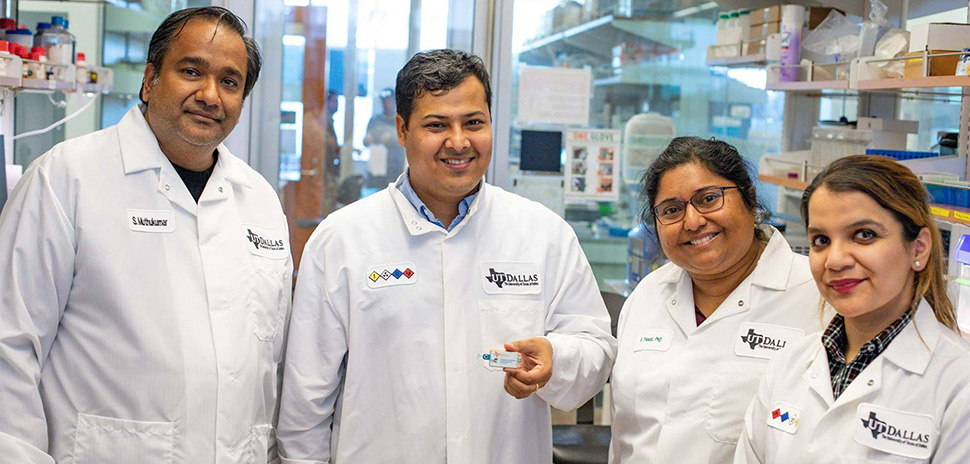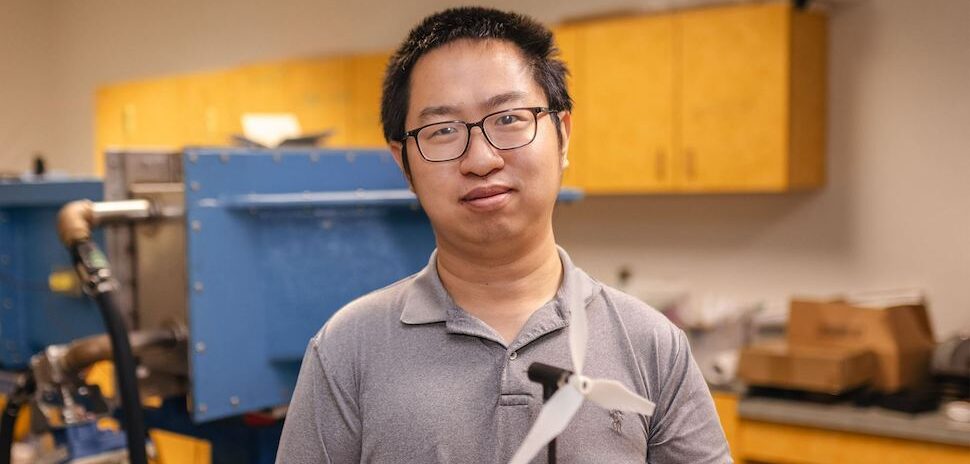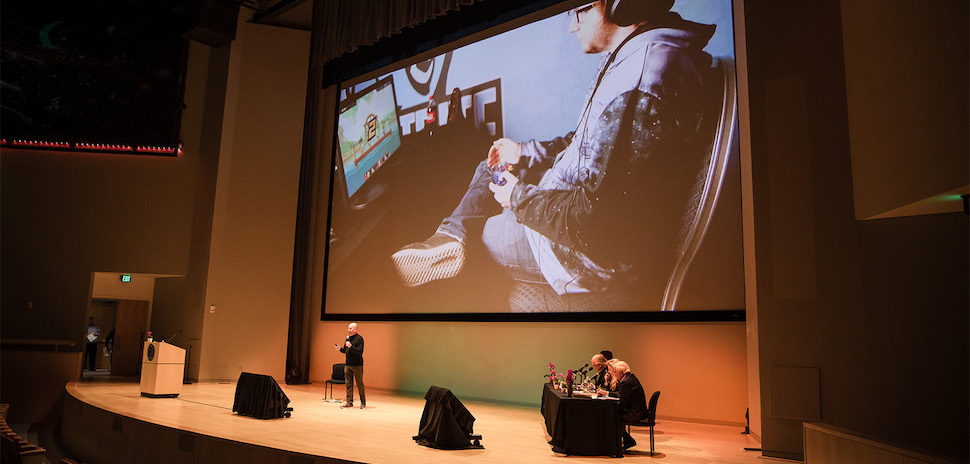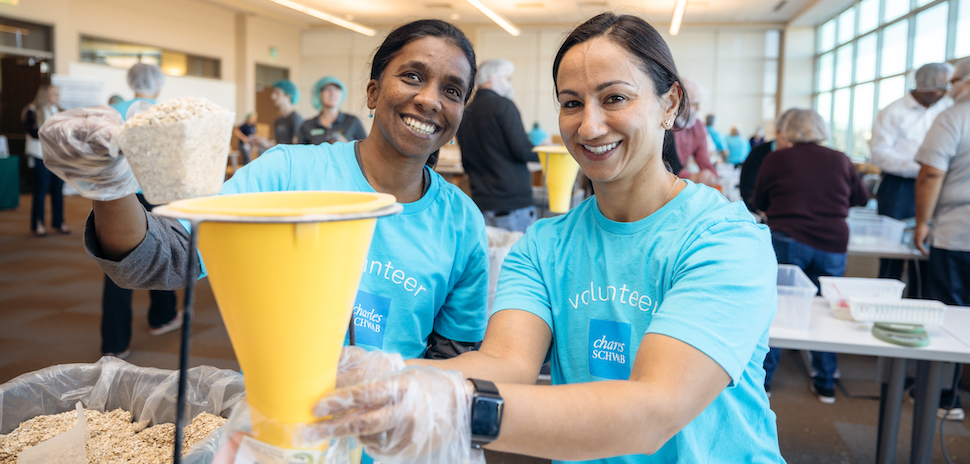From contaminated carrots to harmful hamburger, tainted food has caused sickness and even death for decades—with E. coli-laced organic carrots the latest item to alarm Americans nationwide. Now a research team at the University of Texas at Dallas is developing a tool for consumers to use right in their own homes to add an extra level of food safety.
The researchers—led by Dr. Shalini Prasad, department head of bioengineering at UTD’s Erik Jonsson School of Engineering and Computer Science—is developing sensors that could make it possible for consumers to detect contaminants in food and water “within minutes,” the university said.
Earlier this year, the UTD team published three proof-of-concept studies demonstrating their sensors’ ability to detect E. coli, salmonella, and a widely used herbicide.
“Our goal is to develop accurate, rapid sensor technologies that consumers can use to ensure that their food is free of harmful contaminants,” Prasad, a Cecil H. and Ida Green Professor in systems biology science at UTD, said in a statement. “We’re excited to design tools that give people more ability to protect their health.”
Prasad’s team is also working on a sensor that can detect altrazine, another toxic herbicide, and one that can detect fungi-produced mycotoxins.
Just the latest sensor tech developed by Prasad-led teams
In the past several years, Prasad-led teams at UTD have developed sensors that can perform fentanyl tests, THC tests, and sensor technologies that can detect molecules associated with various conditions, including diabetes, inflammatory bowel disease, and sepsis.
Sensor technologies developed by Prasad’s teams are being advanced to market in collaboration with the Allen-based EnLiSense, a company Prasad co-founded to develop lifestyle-based sensors and devices.
You can read more about the team’s at-home food safety sensor development by reading this UT Dallas Magazine article.
![]()
Get on the list.
Dallas Innovates, every day.
Sign up to keep your eye on what’s new and next in Dallas-Fort Worth, every day.































